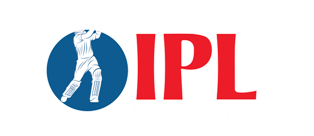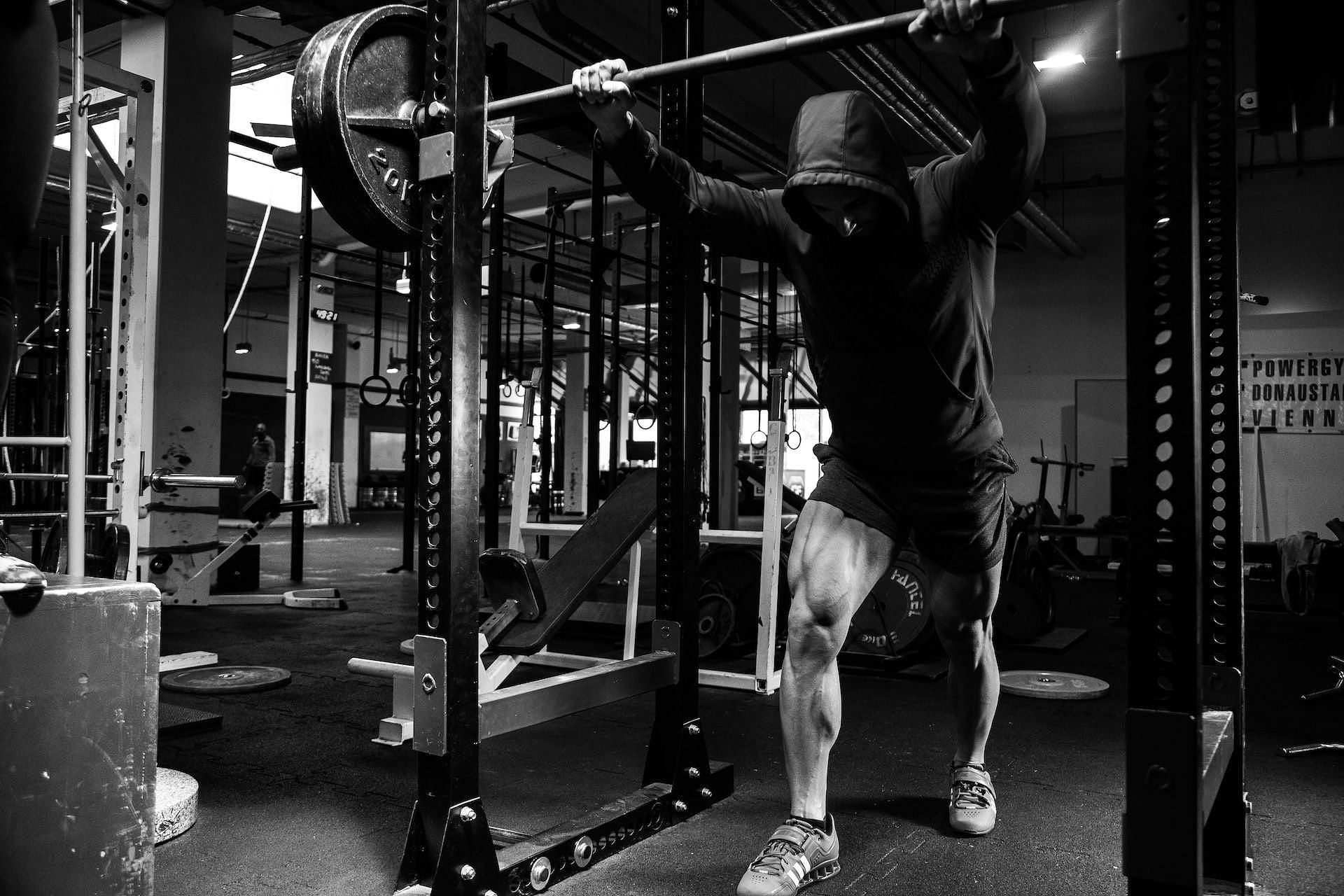
The thigh muscles are an important part of the leg anatomy. They make up the upper part of the legs and help with a plethora of functions.
It’s important to understand the main thigh muscles and the smaller muscles that make up the bigger parts. That will help you understand how the muscles work together like a well-oiled machine.
Table of Contents
The main thigh muscles
The thigh muscles are made up of four primary muscle groups and are an important part of the leg anatomy.
- Quadriceps
- Hamstrings
- Adductors
- Gluteus maximus
Let’s discuss the thigh muscles in depth.
Quadriceps
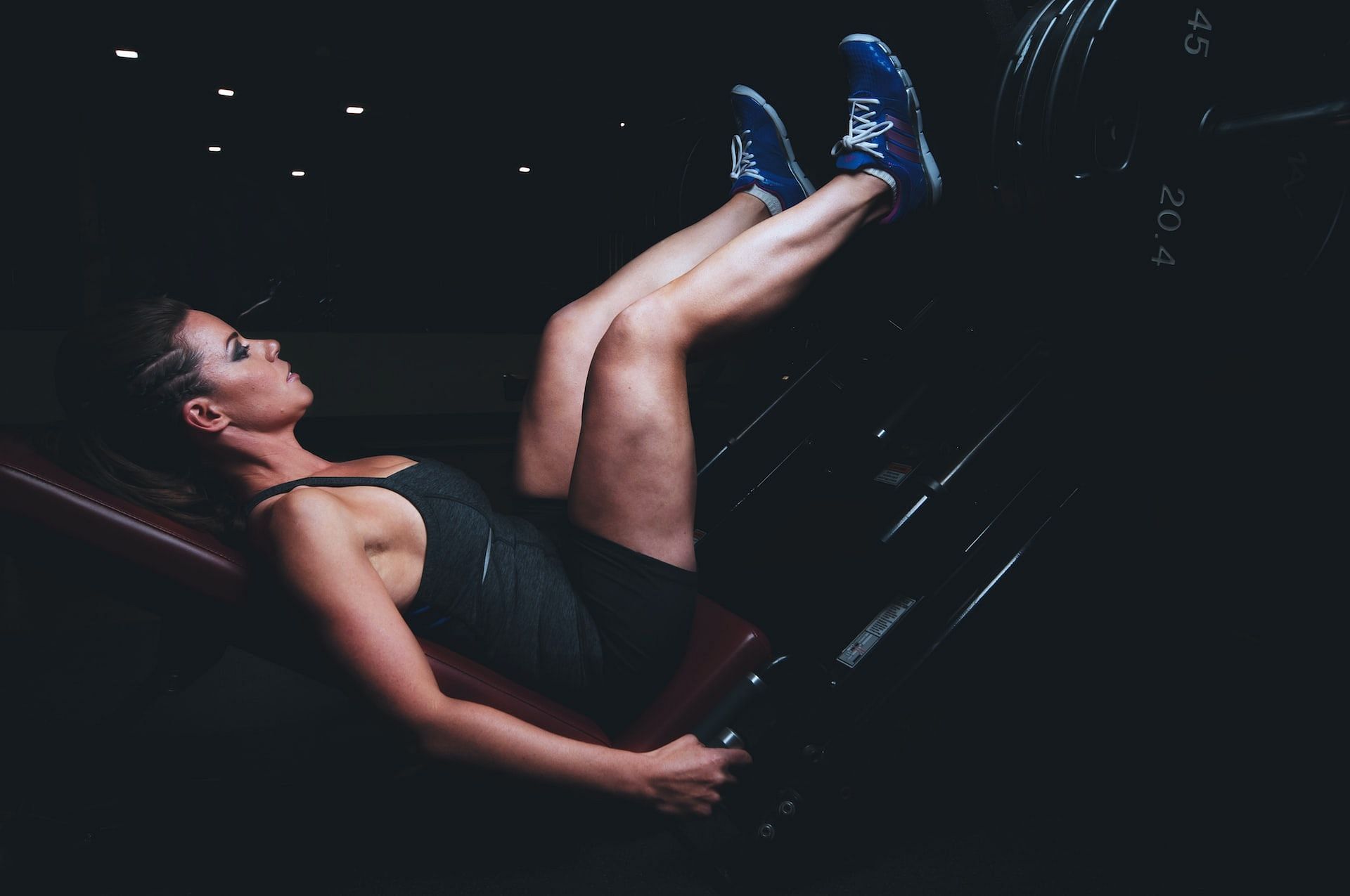
This is the main upper thigh muscle. The muscle group is located towards the front of the thigh and extends all the way up to the knee joint. It’s made up of the following muscles:
Rectus Femoris
It begins from the ilium bone in the pelvis and finishes at the lower leg’s tibia bone. The muscle group is involved in running, kicking, and jumping.
Vastus Medialis
This muscle begins at the femur bone and inserts itself on the tibia and patella bone. Its primary function is with extending the knee joint and preventing knock-knee and knee-collapse during activities like jumping and running.
Vastus Lateralis
This muscle group begins at the femur bone’s greater trochanter and inserts into the tibia and patella bones. Like the vastus medialis, it’s responsible for preventing knee collapse and knock knee.
Vastus Intermedius
Like the medialis and the lateralis, the intermedius begins at the femur bone and finishes by inserting into the tibia and patella bones. It helps with extending the knee joint and preventing knee collapse and knock knee.
Hamstrings
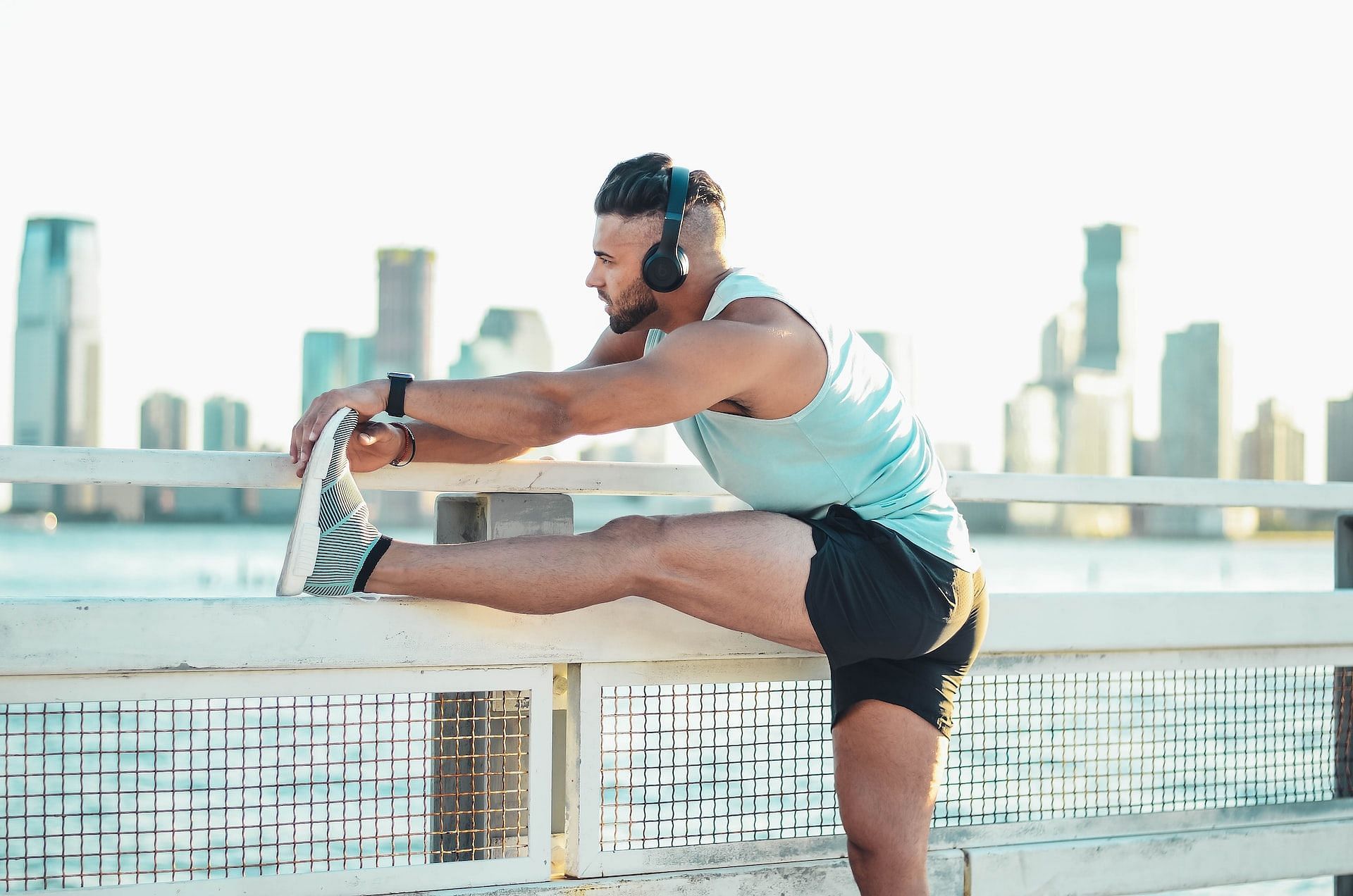
Among the main thigh muscles, the hamstrings are located towards the back of the thigh and are made up of three muscles. The primary function of the hamstrings is to flex the knee joint and extend the hip- oint.
Bicep Femoris
It starts from the ischial tuberosity of the pelvis and finishes by inserting itself on the head of the fibula bone. Its primary responsibility is knee flexion, hip extension, lateral knee rotation, and helps with running, kicking, and jumping.
Semitendinosus
Like the bicep femoris, it starts at the ischial tuberosity of the pelvis and finishes at the medial tibia bone. It has similar responsibilities like the bicep femoris but also helps with medially rotating the leg.
Semimembranosus
It originates at the ischial tuberosity of the pelvis and finishes by inserting into the tibia bone’s condyle. Its responsibilities are similar to the bicep femoris and the semitendinosus.
Adductors
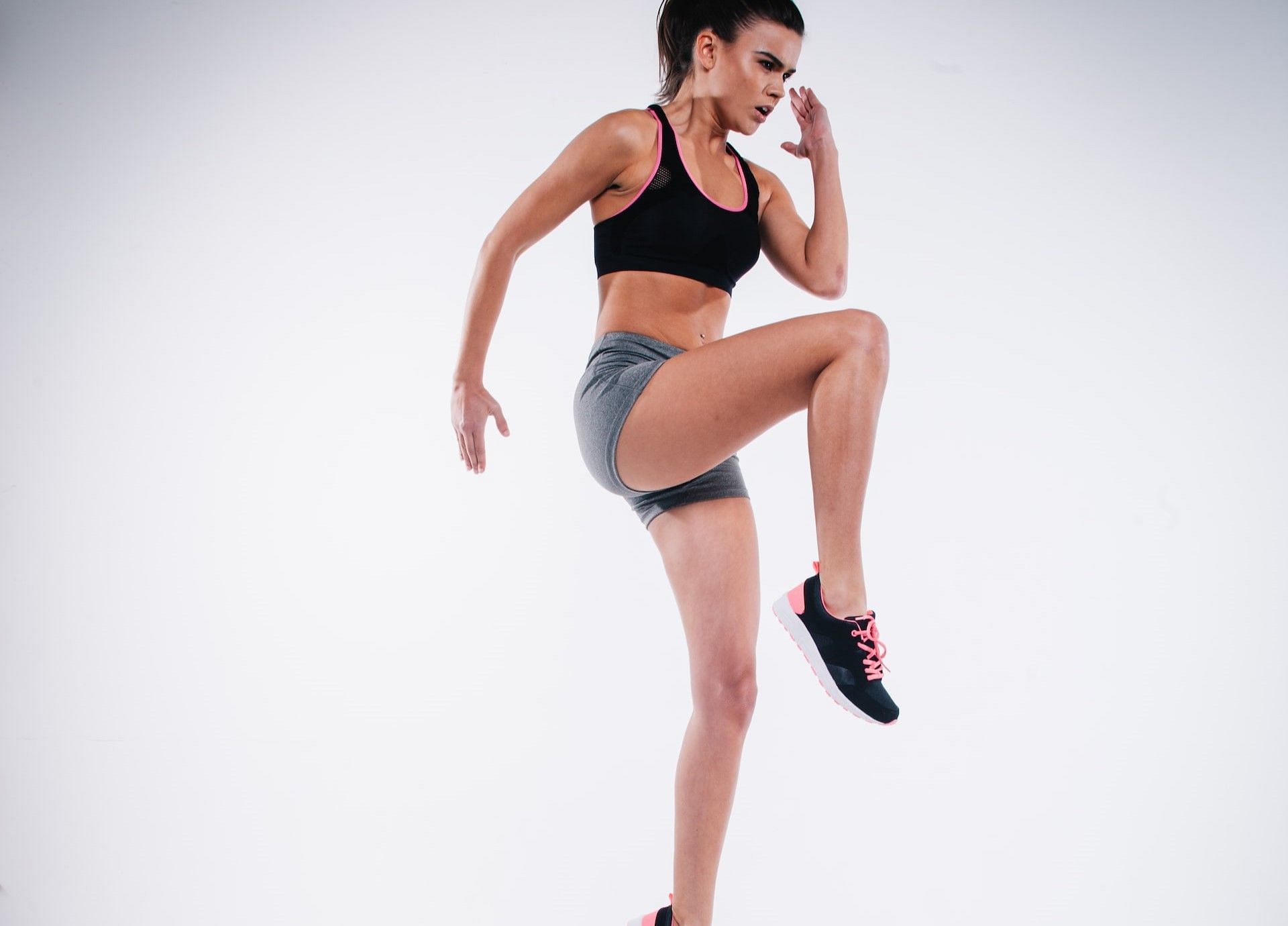
The adductors are the main muscles of the inner thigh. It’s located in the inner thigh and is made up of four muscles.
Adductor Magnus
It begins at ischium and pubis bone and finishes by inserting into the femur bone. The adductor magnus is the largest muscle of the adductor muscles, and helps with activities such as walking and jumping and helps maintain stability while sitting and standing.
Adductor Longus
It originates at the pubis bone and finishes at the femur bone. The adductor longus is a muscle located in the most anterior part of the muscle group. It helps with the same activities as the adductor magnus.
Adductor Brevis
It starts at the pubis bone and finishes by inserting into the femur bone. It’s located towards the posterior of the adductor longus with similar responsibilities as the magnus and the longus.
Gracilis
It begins at the pubis bone and inserts itself into the tibia bone. It’s the medial part of the adductor muscles, and helps with walking, jumping, and running.
Gluteus Maximus

This is the final part of the main thigh muscles and is an important component of the glute muscles. It’s the largest part of the posterior (buttocks) and is an extremely powerful muscle in our bodies.
It starts with the ilium bone of the pelvis and inserts itself into the femur bone. The gluteus maximus helps with maintaining posture and stability during activities such as standing and walking.
#Main #Thigh #Muscles
